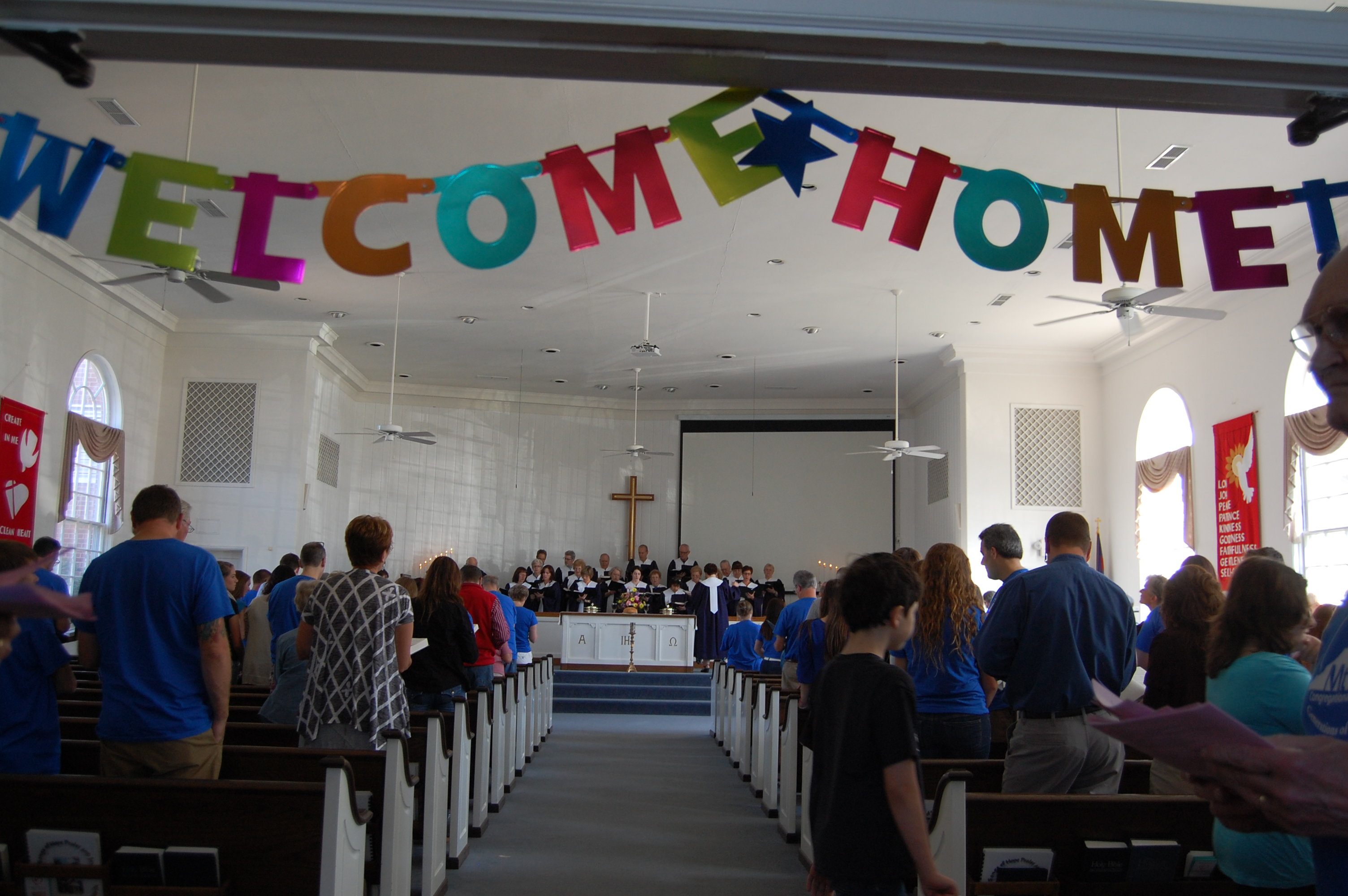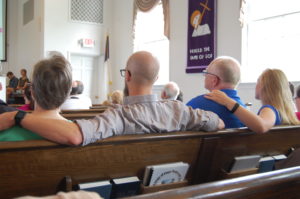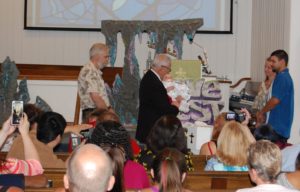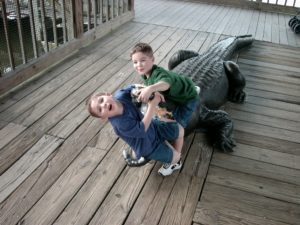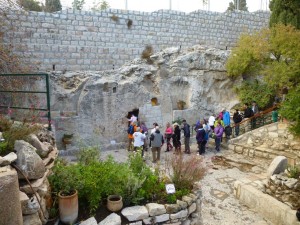“This is my command: Love each other.” ~ Jesus
(John 15:17, NIV)
Oliver sits directly in front of me. The five-year-old was a student in my vacation Bible school class. He snuggles up to his mom. With a broad smile and a gleam in his eye, he leans in to kiss her cheek. She puts her arm around him and hugs him close. Oliver’s dad sits on the other side of the young boy. The two of them have the same color of hair, brown, and similar haircuts. The dad stretches his arm all the way out—behind and past his son—and caresses his wife’s shoulder. The way he stares and smiles at his wife in that moment tells me he adores her. She’s looking down at something in her lap and misses that glance of affection. All the while, Oliver is delightfully sandwiched between his parents. All three are visitors to church on this particular Sunday, but I’m sure they’ve been here in the past. Probably on a day that they came to hear Grandma Mary Ellen sing in the choir.
The trio fit right in with the rest of us regular worshipers. Love is abundant at Mt. Hope. Ours is a small church, but we’re big on family.
Across the aisle, in the front row, Kelsey sits where her mom used to. Everyone who knew Jan was saddened by her untimely death, due to a medical mistake. We miss her, but her husband Bud is the most distraught. We hug him when we can and cry with him when we do.
Nearby, Toddler Theo is full of youthful energy. He can’t be contained. His Nana carries the squirming child out of the sanctuary and to the nursery. I know she will stay there to play with him and keep him content, unless his Buppa happens to be volunteering in the back room to watch the young children during this morning’s service.
Farther back in another pew sits Sami. She rests her head upon her dad’s shoulder. Her neck is tilted—practically at a forty-five-degree angle—to her body. How could that position be the least bit comfortable, I wonder? I watch as her father protectively wraps his arm about her. Familiar tattoos peek out from beneath his short-sleeved shirt. His little girl is now a young lady. All grown up at eighteen and going to college in the fall. She will miss her daddy and mommy, though. Anyone can see that. Despite open seating to the right, Sami’s mom is pressed tightly up against Sami, an aspiring pharmacist. Beauty and brains, the perfect combination.
A baby cries, and I don’t have to turn to see that it is Abela’s little sister. When just a few months old, the baby was baptized here. Pastor Steve poured holy water over the baby’s tiny forehead, and then our church family welcomed her by singing, “Jesus Loves Me,” like we do for all the babies. This precious little one didn’t even cry. She just cooed and smiled as she was carried up and down the main aisle so we could meet, eye-to-eye, the little person to whom we were promising to teach and guide and raise as one of our own. I hoped she would one day know how significant her baptism was. Even the water used to bless her was special. It came directly from Pastor Steve’s last trip to Israel. He had collected it himself from the Jordan River, where Christ had been baptized two thousand years earlier by John.
Today, the spot next to Al is vacant. His wife, Doris, is in the hospital recuperating from surgery, so their son Clark fills the void. Several pews forward from them, Mitchell is missing. He must be performing in a weekend matinee. What else can an actor be expected to do? Even on Sundays, the show must go on. On the rare occasion that Margaret isn’t in her usual spot, I immediately expect to find her at the piano, which she sometimes plays when our church accompanist, Sharon, cannot.
From my seat towards the back of church, I see all this and more. Dawn and Bill’s twin sons are training at West Point, so I know that the parents regularly sit beside lifelong friends and gab while they wait for service to begin. I notice when Grandpa John comes in to claim his place alongside his two grandkids. I hear when Lynn laughs and when Karen and Susie sing.
This morning, I can tell that we have visitors. Clumped together at the front, they must be with Bertha. She’s way out of place up there. Normally, she’s even farther back than me. But when I see her look closely at her great-granddaughter, clothed in a white gown and bonnet, I understand. There will be another baptism.
My mind races. Is the family bothered by the vacation Bible school decorations that will show up in the background of the baptism photos? Surely they didn’t expect a cave, complete with stalagmites and stalactites. I get up and quickly approach Pastor Steve who is seconds away from starting service.
“Should I move anything out of the way? Is it too late?” I whisper in his ear.
He smiles, shakes his head, and assures me. “We’re fine, Kelly. We don’t need to change a thing.”
I return to my vantage point near the back of the sanctuary. Pastor Steve’s words float around in my mind and I think about this loving family that I’m a part of. Steve’s right, I know. We may try to capture life’s biggest moments from the perfect angle of a camera lens, but by focusing too intently, we might miss the delightful things that happen in the background.
